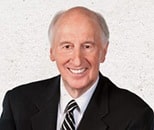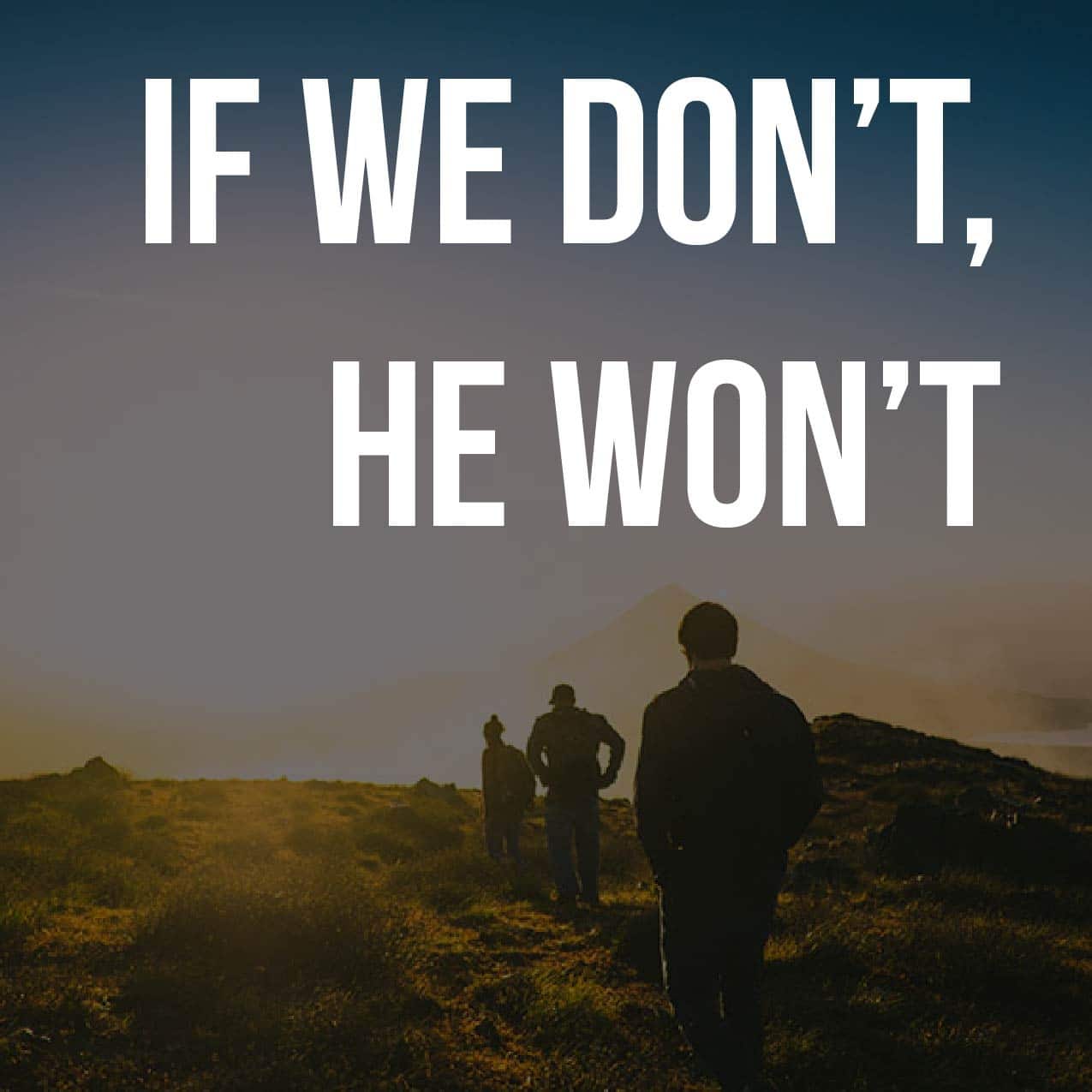If prayer is supposed to be so effective, then why don’t more people pray? The answer may come through these seven, all-too familiar statements which reflect distorted views of prayer.
1. “We’ve tried everything else. I guess we’ll have to pray and hope God does something.”
2. “Chuck and Cindy’s baby is okay now. Somebody said they had phoned a church to pray for him. He probably would have gotten better anyhow.”
3. “I certainly would like to see things happen in our family, but…well, I guess God knows best. We’ll just hope everything works out all right.”
4. “The big order we were counting on was canceled. That does it. Our business is sunk. Only a miracle can save us now.”
5. “Oh, sure, I’ve wanted more spiritual strength in my life. In fact, I would like the Lord to fill me with His Spirit. Whenever He thinks I’m ready, I suppose He’ll do it.”
6. “Son, daddy is sick and the doctor says he might die, I mean, he might have to go to be with Jesus. So we have to just trust God if that’s what He wants for daddy and us.”
7. “Oh, God, we don’t know why this has happened, but we ask for the ability to accept things as they are.”
If the seven quotations above accurately reflect peoples’ attitudes about prayer, they must believe that God runs a hit-or-miss operation. No wonder they don’t pray.
For some, prayer is a last-ditch option, a maybe-it’ll-work-and-maybe-it-won’t proposition, an expression of resignation to fate, an assignment of blame to the Creator. People who think this way believe that God:
- Is sometimes available, but only after you have done your best first.
- Is lucky to have circumstances support His program at given points.
- Is sitting in heaven knowing things which He may or may not tell someone.
- Will hopefully be tuned in when human failure squashes the panic button.
- Carries a heavenly stopwatch, waiting for a mystery moment when He will spring some nifty surprise.
- Omnisciently drops disasters on and deals heartbreaking tragedy to whomever He wills.
- Can’t do any more about circumstances than you can, but can help you feel better about them.
We need to change how we view prayer.
Let’s get three things straight:
FIRST, God is a good God.
The image of a frowning God, brooding in anger and perched on the edge of a mile-high cliff with a quiver of lightning bolts ready for hurling at the unsuspecting and the helpless must be discarded. The beauty of the Father’s personality was so perfectly mirrored in Jesus Himself, that, the Savior declares, “If you’ve seen Me, you’ve seen the Father” (John 14:9). The combination of His compassion for the victims of human dilemma and His triumph over each dilemma He encounters, furnishes us with a stamp of God’s image: God is good. God does good. He cannot even be tempted to do otherwise (James 1:13).
SECOND, sin and Satan–flesh and hell–have fouled up God’s intended processes for mankind.
The multiplicity of things which wring the joy out of life do not proceed from God. They are the result of a fallen race reaping the harvest of its own sowing, accented by specific operations of the prince of evil. The Book of Job is in reality an explanation of Satan’s commitment to deprive man of all that is fulfilling to him.
Within the Adversary’s workings, there is turmoil we heap upon ourselves by our ignorance of and rebellion against spiritual laws. The law of sowing and reaping (Galatians 6:7, 8) is as certain as the law of gravity.
THIRD, you and I can help decide which of these two things—blessing or cursing—happens on earth. And prayer is the determining factor.
The fact is, if we don’t pray, He won’t do anything.
This issue presents more than just a long-term debate between human responsibility and divine sovereignty. We are living on a broken planet whose dominion was relinquished by the first man into the hands of the Serpent. That dynamic was reversed at the Cross but it is up to us to invite the rule of God into this world.
Jesus taught us to pray, “Our Father in heaven, hallowed by Your name. Your Kingdom come, Your will be done on earth as it is in heaven” (Luke 11:2).
The Lord tells us, in essence, “It’s up to you. If heaven’s will and power are to be worked on earth, you have to ask for it.”
John Wesley said, “God will do nothing on earth except in answer to believing prayer.”
“So I say to you, ask, and it will be given to you; seek, and you will find; knock, and it will be opened to you.” – Luke 11:9
Jesus’ instructions to “Ask… Seek… Knock” contain a combination which is intended to unlock the shackles of hopelessness.
Ask—call on God to work in the midst of those circumstances where sin or Satan is succeeding.
Seek—pursue the path He opens, knowing He will lead you to discover the underlying structure of the circumstance and to discern its root.
Knock—strike the obstacle, like the friend knocking at the door who overcame the only obstacle between him and provision for his need (Luke 11:5-10).
“Don’t be afraid, little flock, it is the Father’s delight to make a gift to you of His overruling power” (see Luke 12:32).
Jesus still holds to His original proposition: “Man is in charge on earth. If hell is allowed to take over, or if the flesh fumbles the ball, it’s man’s duty to call upon Me for the remedy. If he doesn’t call — if prayer isn’t uttered — I have bound Myself not to be involved. If prayer is extended, I have bound Myself to conquer everything that would destroy or diminish My beloved creature, man.”
There it is. Prayer can change anything. The impossible doesn’t exist.
His is the power.
Ours is the prayer.
Without Him, we cannot.
Without us, He will not.






